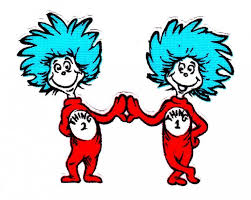Recently, someone posed a question on LinkedIn: “What is the most important part of the sales process?—–Prospecting, Discovery, Closing?”
We see versions of this question all the time, with everyone staking out various positions (often supporting what they sell). Some of the discussions drill down into an issue, for example the endless battle of social and other selling (would one call this anti-social?). Others look at skills like questions, objection handling, and so forth.
Whatever the version of the question there is the continuous exploration of “What is most important?”
These questions always present us a false choice. The reality is we have to do it all, we have to do the whole job!
What these questions/discussions fail to recognize is that each part of the sales process requires expert/successful execution of all the other parts of the sales process.
If we focus on prospecting, but fail to convert the majority of those great prospects into wins, our prospecting prowess is wasted.
If we focus on closing, we empty our pipelines and have nothing left to close.
There’s a tremendous appeal to finding “the ONE THING,” hopefully, it’s the one thing we really like or excel at doing. Even if it isn’t the implication is that we don’t have to do the other things.
The reality is we have to do all of it all the time. We have to do it in balance–continually finding new opportunities, continually moving them through the buying process, continually making sure we are pursuing enough quality deals to achieve our goals, continually engaging the right customers in impactful, value based conversations.
We don’t serve the sales profession or our customers in this continued quest to determine the One Thing.

This is part of larger conceptual confusion – about asking for “the best alternative” when selecting amongst relatively complicated outcomes.
Nobody would seriously ask: what is the best direction, north or east? It is not a question you sensibly answer.
Yet, when selecting on many more dimensions that 2, people routinely ask for the best alternative. It is mindless question.